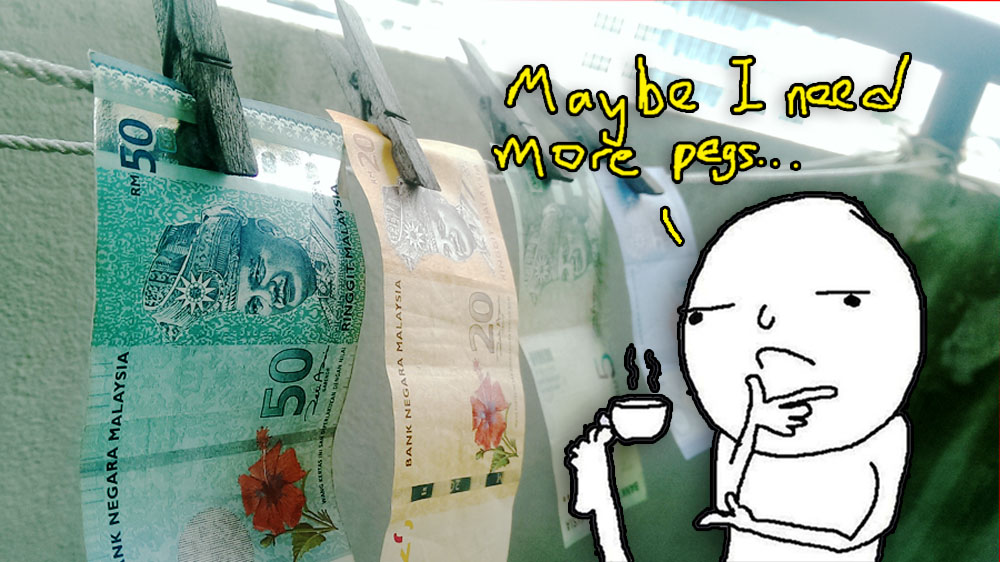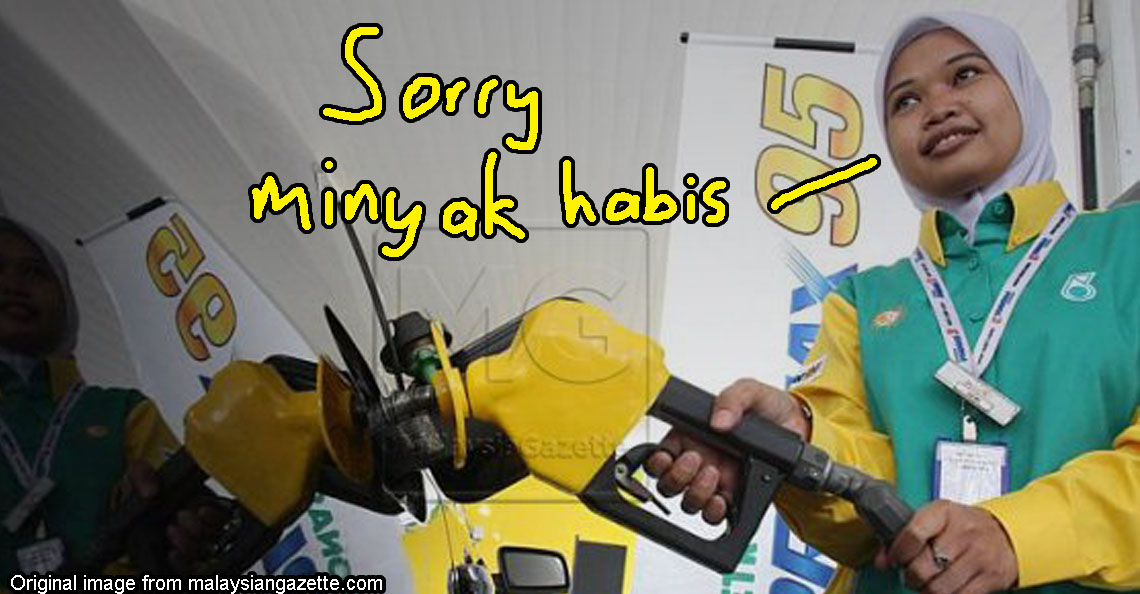Mahathir’s secret KGB agent, plus 3 other tales about the Malaysia-Russia relationship
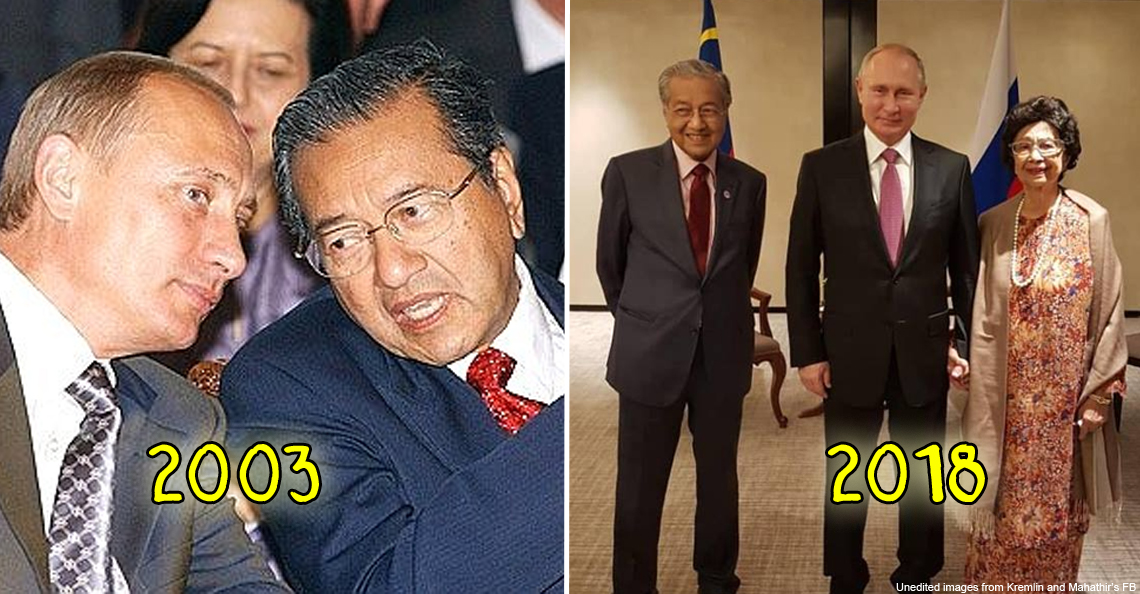
- 1.7KShares
- Facebook1.6K
- Twitter10
- LinkedIn19
- Email19
- WhatsApp56
[This article was originally published in 2018, and has not been updated to reflect new developments since then. Also available in BM. Click here to read it.]
So recently, our Prime Minister Dr Mahathir Mohamad has become a jetsetter of sorts, flying from country to country for various Prime Minister-related reasons. His most recent stop? Mother Russia, where he also had the chance to meet a certain Vladimir Putin too.
Now that certainly got interwebz users around the country buzzing – at the time of writing there’s over 2.8k likes, 206 comments and almost 600 shares on Facebook. We’ve come a long way since the very first day of diplomatic relations between Malaysia and Russia on the 11th of October 1967, and with Mahathir meeting Putin again after some uh, time off from being PM, we here at Cilisos thought that it would be a good time to revisit some of the stories of our relationship with the Russians, starting with perhaps the oddest one of them all…
1. Mahathir once had a KGB spy for a political-secretary
If you spend even a minute of your day looking at world politics these past few months, chances are you’ve probably seen either the UK or America put the blame for something on the Russians. However, back in the early 1980s, that’s kinda what happened here too, well, except maybe it was technically the Soviet Union laa.

In July 1981, just three days before Tun M became the fourth Prime Minister of Malaysia, one of his political secretaries was arrested. That pol-sec, Siddiq Mohamad Ghouse was suspected to have betrayed this country by becoming an agent of the Soviet Committee for State Security, better known thru its Russian initials KGB. Siddiq was then charged with what might be considered a surprisingly legitimate use of the Internal Security Act (ISA).
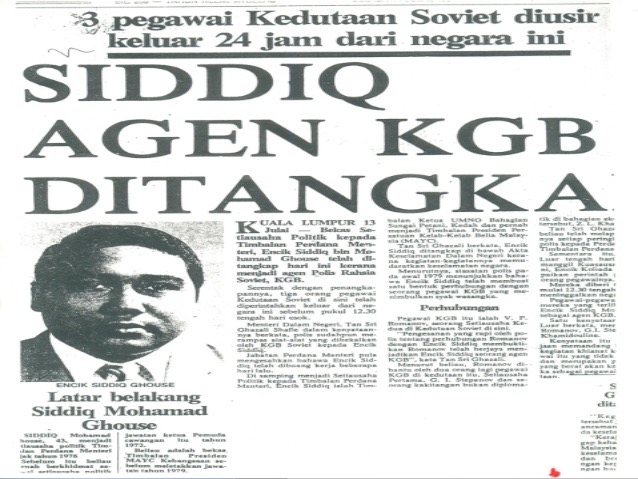
The story goes that Siddiq had been Mahathir’s pol-sec since 1974, but was arrested in July 1981 following suspicious activity. The then-Minister of Home Affairs Tan Sri Ghazali Shafie made a statement following the arrest clarifying that Siddiq was found to have devices and tools provided to him by KGB agents. Siddiq had apparently just started meeting up with three KGB agents for a couple of months when he got arrested, but thankfully nothing major was revealed to the Soviets.
The three KGB agents who met with Siddiq would later be revealed to be G.I. Stepanor (First Secretary to the Soviet Ambassador to Malaysia), V.P. Romanov (Second Secretary) and one of the staff members at the Soviet embassy called Z.L. Khamidauline. The three of them were also arrested less than 24 hours after Siddiq was caught, and were subsequently kicked out of Malaysia.
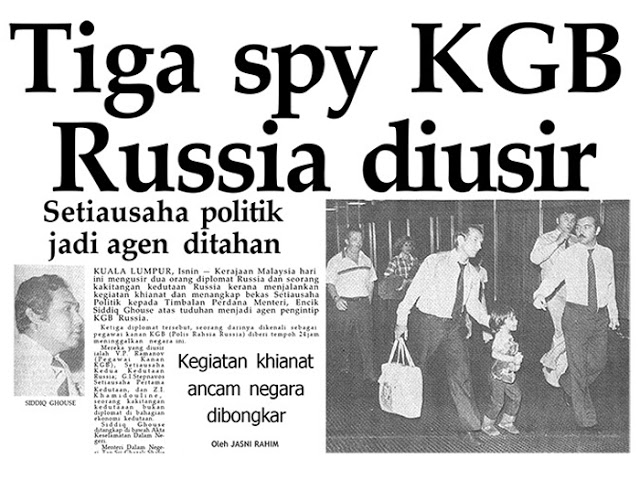
That being said, Mahathir probably wasn’t too worried about the Soviets, especially when you consider that…
2. We’ve been buying fighter jets from the Russians for decades
When it comes to buying military assets, Malaysia doesn’t really have a requirement regarding country of origin. Good quality means buy laa, don’t care who make what. But still it was kind of a mini surprise when in the mid-90s, Malaysia announced that it would be purchasing some MiG-29N fighter jets from the Soviet Union.
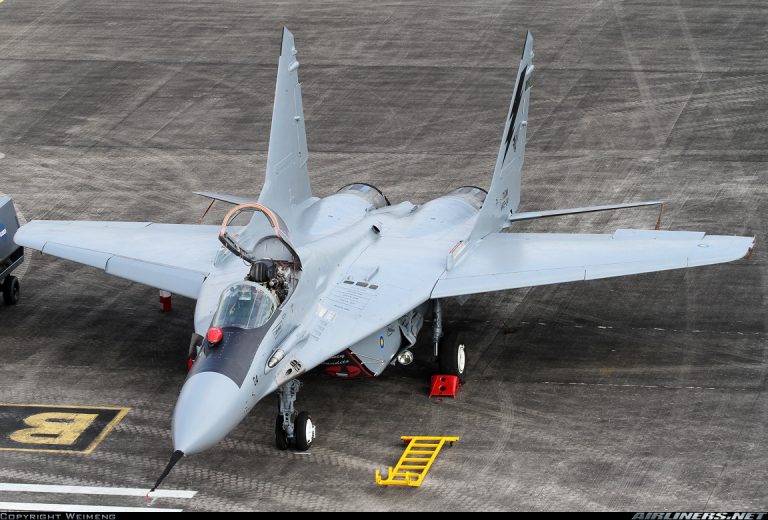
Why was it a mini surprise you ask? Well that’s because before opting for the MiG fighter jets, the Malaysian Air Force were using American and British fighter jets. This decision not only meant a change for us, but a change thru out the region too as other Asean countries would look to Russia. When we chose to go the Russian way, we would end up getting a total of 16 MiG-29 fighter jets.
Despite the Soviet Union dissolving, we maintained close relations with Russia when it comes to military equipment. This is evident by our continued buying of Russian planes, with another deal for 18 Sukhoi 30MKM jets signed in late 2003, making Malaysia the fourth Asian nation to own Sukhoi jets after China, India and Vietnam. There’s even an airbase in Gong Kedak, Kelantan to house the Sukhoi jets, with a Technical Centre build to service and upgrade these jets.
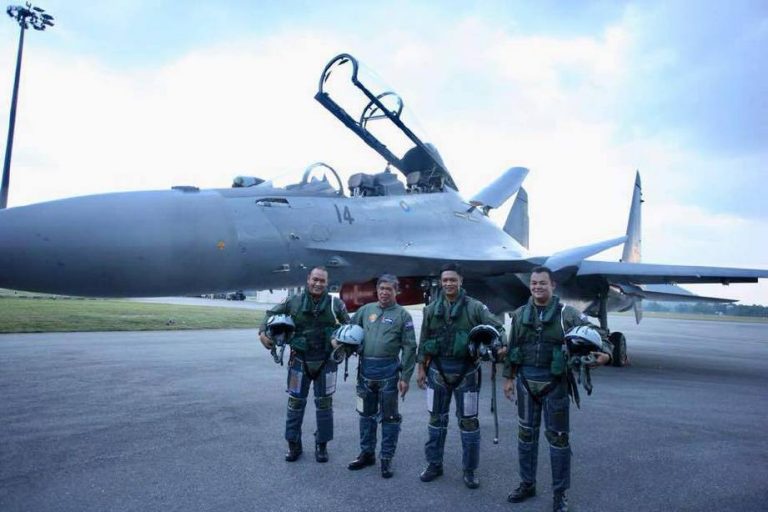
However, not all is rosy when it comes to our jets. Defence Minister Mat Sabu spoke out a couple of months ago about the poor state of our military assets, with him adding that only four of the Sukhoi jets are able to fly well. There was even talk of Malaysia ending up building our own fighter jets, altho that would be dismissed by Mat Sabu over a lack of financial feasibility. That’s probably why when Mahathir was chit chatting with Putin that day, he brought up the issue with the Russian leader.
3. Malaysia didn’t blame Russia for the MH17 incident
There is no doubt that when the MH17 incident happened in July 2014, there was plenty of panic and despair right after. 283 passengers and 15 crew members lost their lives, of which 43 were Malaysians. But they weren’t the only nationality there too, which made things more contentious in the aftermath of MH17 as the governments of those who lost their lives wanted answers.
This year, we finally got some answers – it’s just that there are different ones, depending on who you ask. A special Joint Investigation Team comprised of the Netherlands, Belgium, Ukraine, Australia and Malaysia came to the conclusion that the missile which shot down MH17 belonged to the Russians. Meanwhile, the Russian govt pulled out their own set of evidences and conclusions, which pointed the finger towards Ukraine as the origin of the missile that hit MH17.
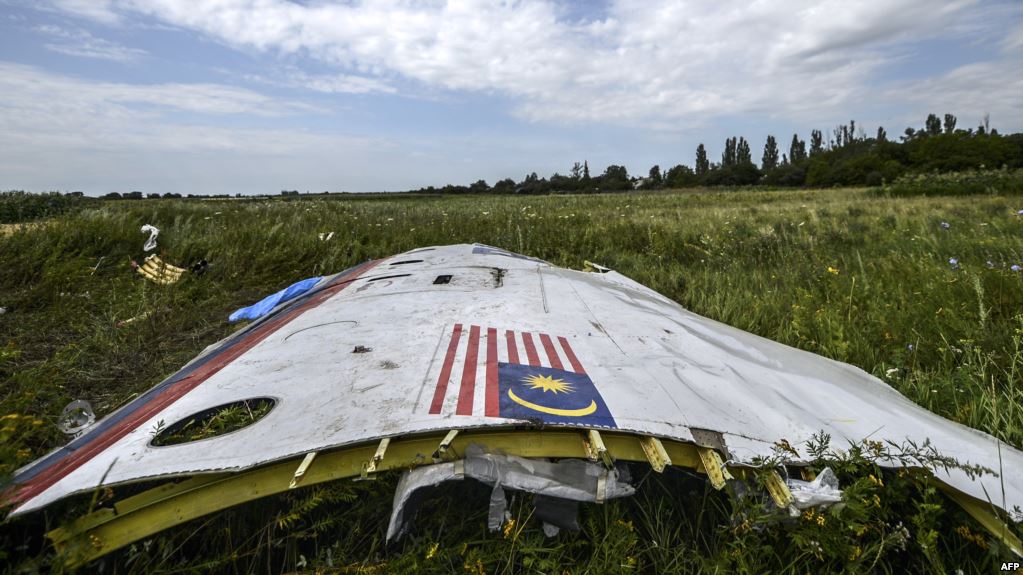
The Dutch and Australians would go on to put the blame for the MH17 incident on Russia alone. Ukraine would join them in accusing Russia, while Russia themselves pointed the finger at Ukraine for causing the crash. And yet, despite all the finger pointing, the Malaysian govt remained calm, refusing to blame Russia due to a lack of solid evidence.
“There is no conclusive evidence to point at Russia under the JIT [Joint Investigative Team] evidence,” – Anthony Loke, Transport Minister, as quoted by Global News
Now, not everything between Russia and us are negative. In fact….
4. We share an interest in Malay literature
In 1963, there was a small group of authors called ‘Di Tepi Jalan’, of which one of them was a Russian by the name of Boris Pamikel. Yes, a Russian author was in a Malay cerpen group. That begin the long tradition of a literary relationship between Malaysia and Russia, with another Russian historian and linguist Dr Victor Pogadaev leading a group of Russians translating Malay literature.
“When it comes to classics, we have for example Eugenia Kukushkina and Liubov Goriaeva… Goriaeva for instance translated Hikayat Bakhtiar (1989), Hikayat Marakarma (2008), Hikayat Pandawa Jaya (2011) and Hikayat Raja-Raja Pasai (2015),” – Dr Victor Pogadaev, translated from Berita Harian
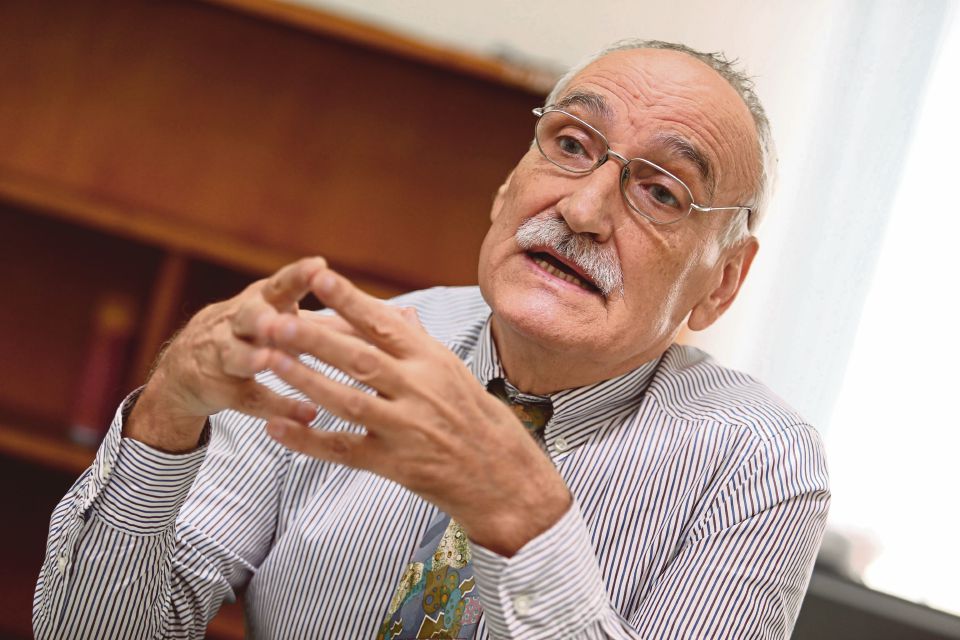
Sadly, our international literary relationship might be ending soon. According to Dr Pogadaev, there’s a lack of young blood among his fellow Russians who are interested enough to learn and study the Malay language. However, while he may be mildly disappointed, the doc’s far from surprised.
Dr Pogadaev says that these days, most younger Russians choose to work in the private sector where there’s better money. This causes many of them to ignore the arts and humanities due to the noncompetitive pay.
“Why aren’t they interested? Well when lecturers with a PhD only get about RM400 a month, they’re going to need to find a second job to live comfortably. This causes plenty of them to lose interest in the fields of knowledge,” – Dr Victor Pogadaev, translated from Berita Harian
The Malaysia-Russia relationship is a prime example of our foreign policy
Malaysia’s foreign policy over the years seems to be pretty simple: be nice to us and we’ll be nice to you. Makes sense considering that we’re a member of the Non-Aligned Movement, a group of countries that generally agree to not side with any major world power. In fact, we were the chairman of the Non-Aligned Movement back in the early 2000s too.

With the exception of Israel and North Korea (cos of the Kim Jong Nam assassination a while back), we maintain super friendly relations with pretty much the rest of the world. This has also put us in a good position when it comes to the strength of our passport credentials, with the Malaysian passport recently found to be the fourth most powerful in Asia, and 12th strongest in the world. We guess it is in fact a good thing to build bridges instead of walls. Now if only someone could pass that message to a certain president….
- 1.7KShares
- Facebook1.6K
- Twitter10
- LinkedIn19
- Email19
- WhatsApp56

